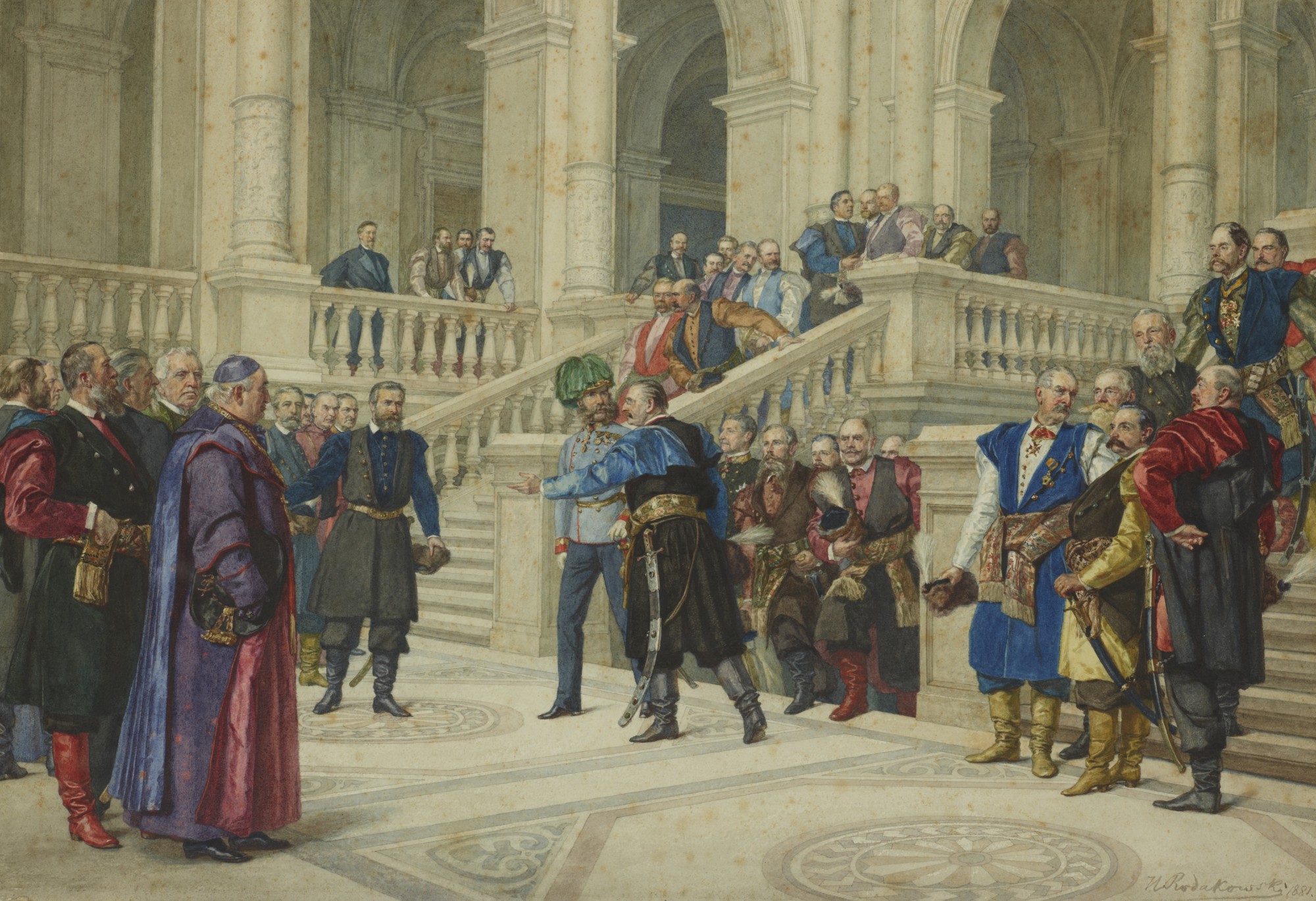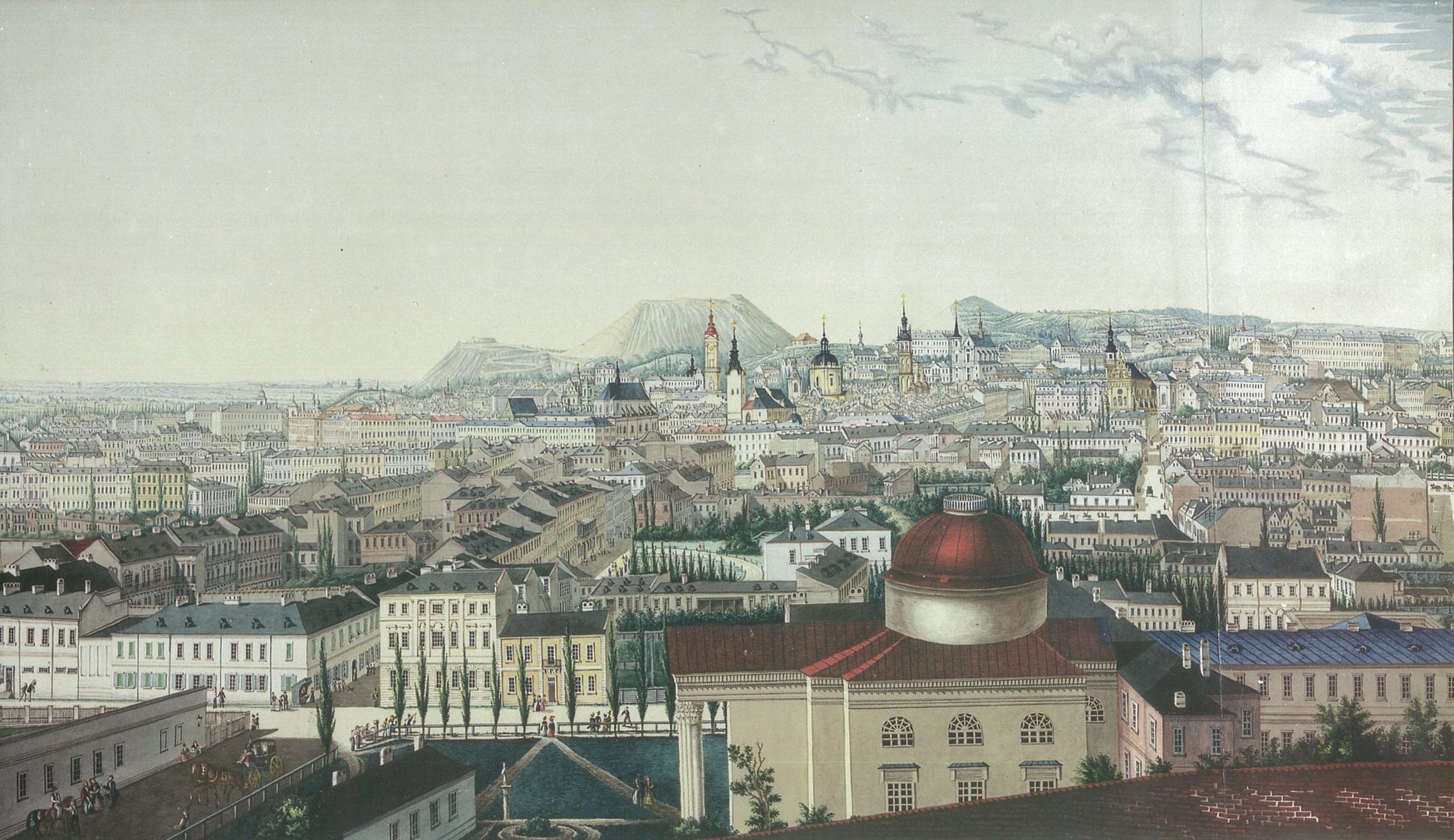

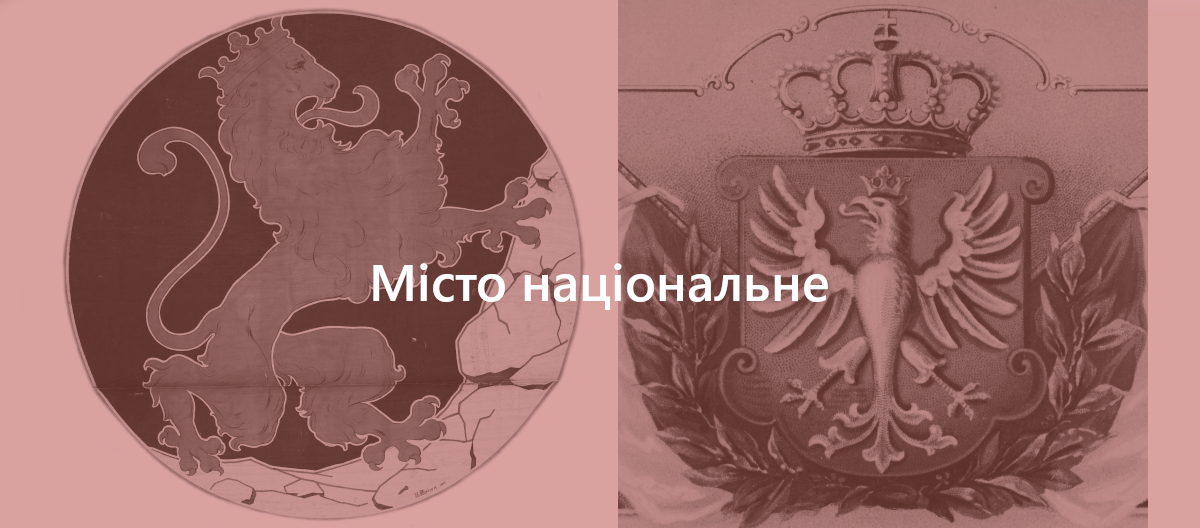
National City
Ukrainians and Poles did not just compete, they literally fought for the right to this city and province. The former claimed that Lviv was "the city of Prince Leo, the ancient capital of Galician Rus", while the latter declared it "the capital of the freest part of divided Poland."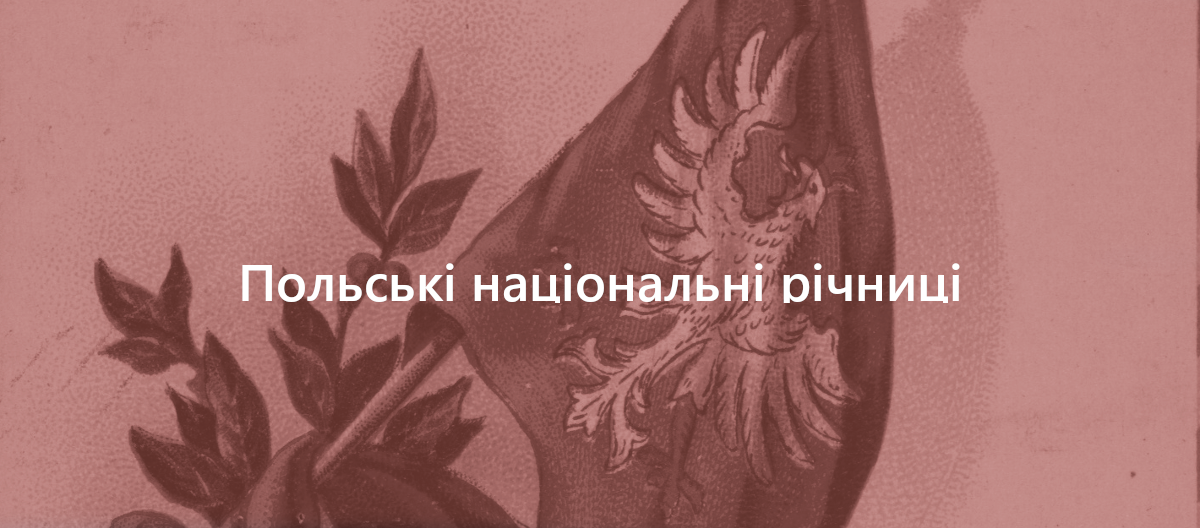
Polish National Anniversaries and Celebrations
During the period of Galician autonomy in Austria-Hungary, Polish elites learned to use the imperial ritual to promote their "national agenda." Acting as power (in the symbolic field), they seemed to become power themselves.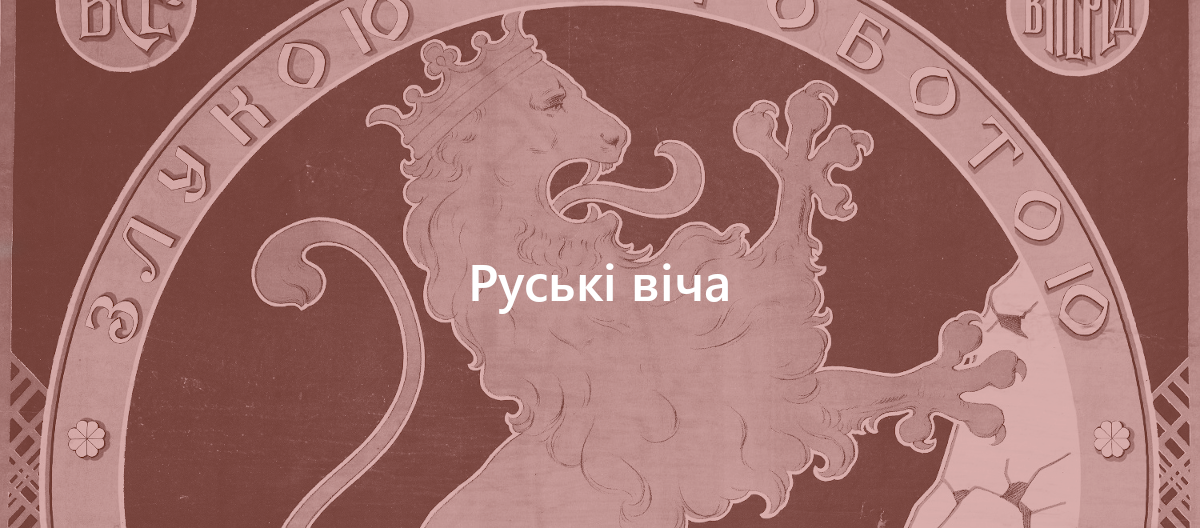
Ruthenian Viches: Ukrainian Demonstrations
Many of the mass events held by Ukrainians in Lviv during the period of autonomy were called viche (assembly). It was a kind of response to the numerous Polish demonstrations and historical celebrations.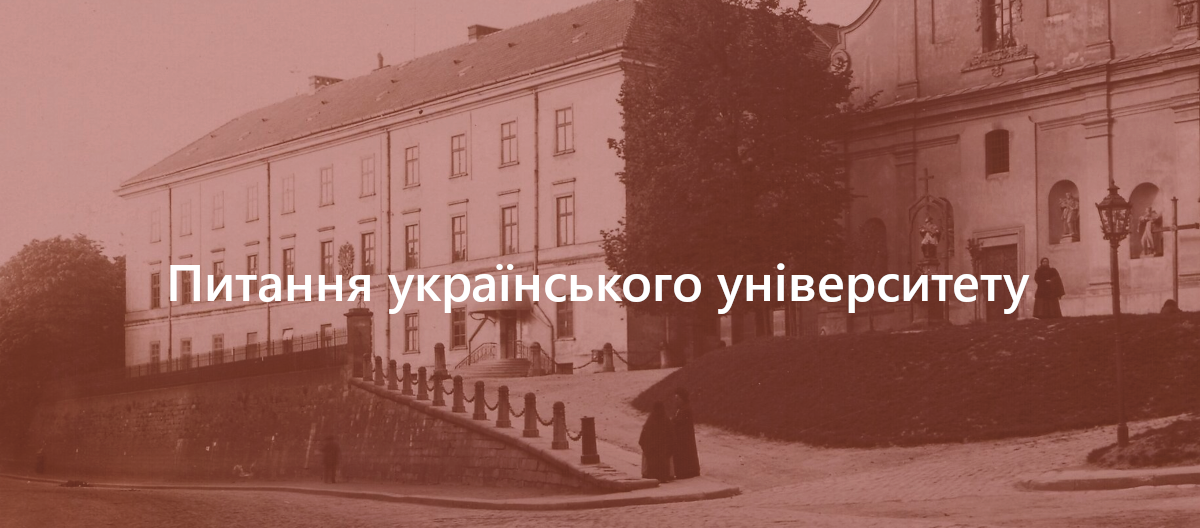
The issue of a Ukrainian university in Lviv
What in the late 19th century looked like a demand by Ruthenian students at Lviv University to study in their native language evolved in a few years into a nationwide struggle to open a Ukrainian university.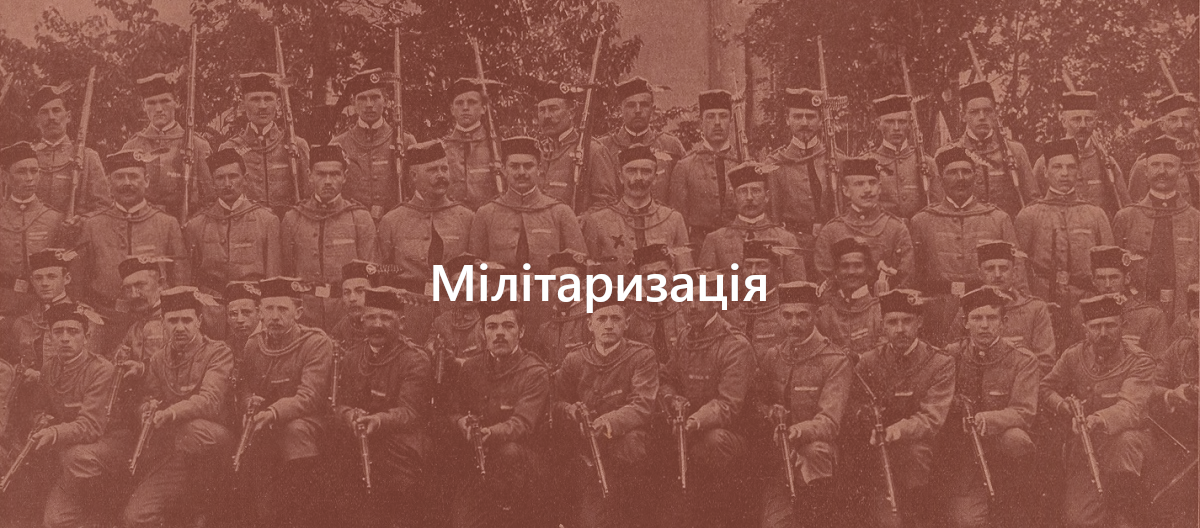
Militarization of national movements
By the beginning of the 20th century, various paramilitary structures became very common. So did their participation in mass events.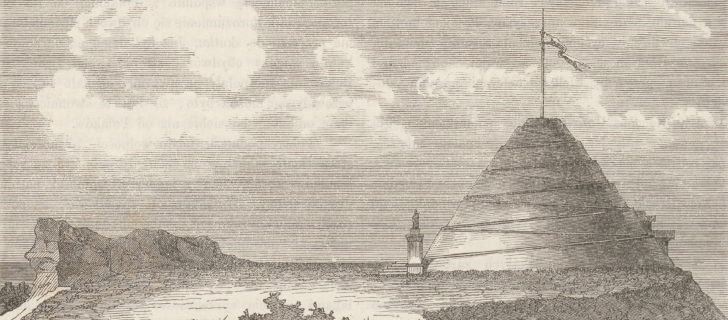
300th Anniversary of the Lublin Union
The 1869 events are mainly associated with the beginning of raising the mound at the Vysokyi Zamok Hill. However, there was also another important aspect of the anniversary, namely, holding, or rather an attempt at holding a mass commemoration.
Clashes with the police in 1878 during a reception in honour of Otto Hausner, a member of parliament
To honour Otto Hausner, Lviv youth decided to organize a torchlight procession, something that had only been done before in honour of the Emperor's visit.